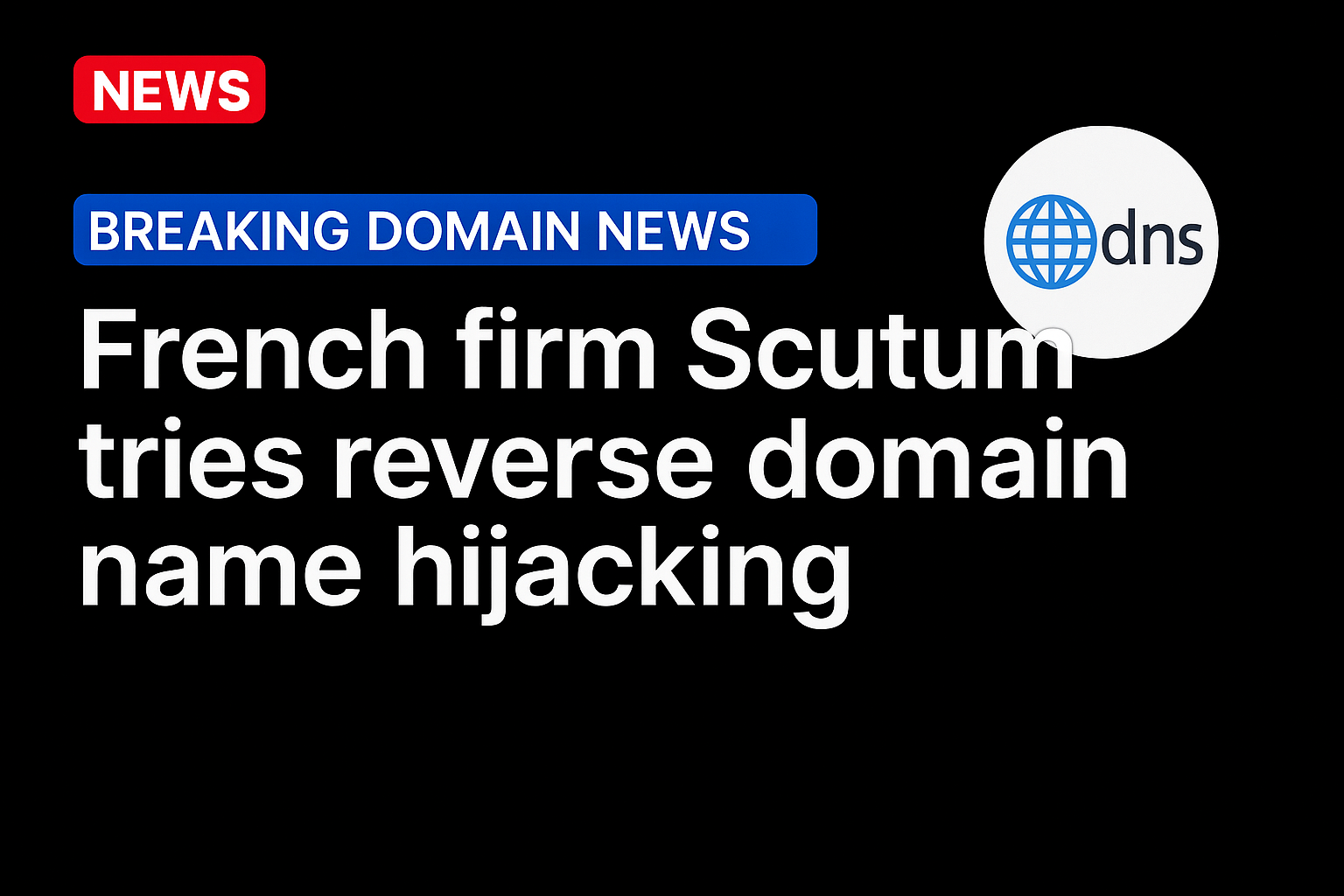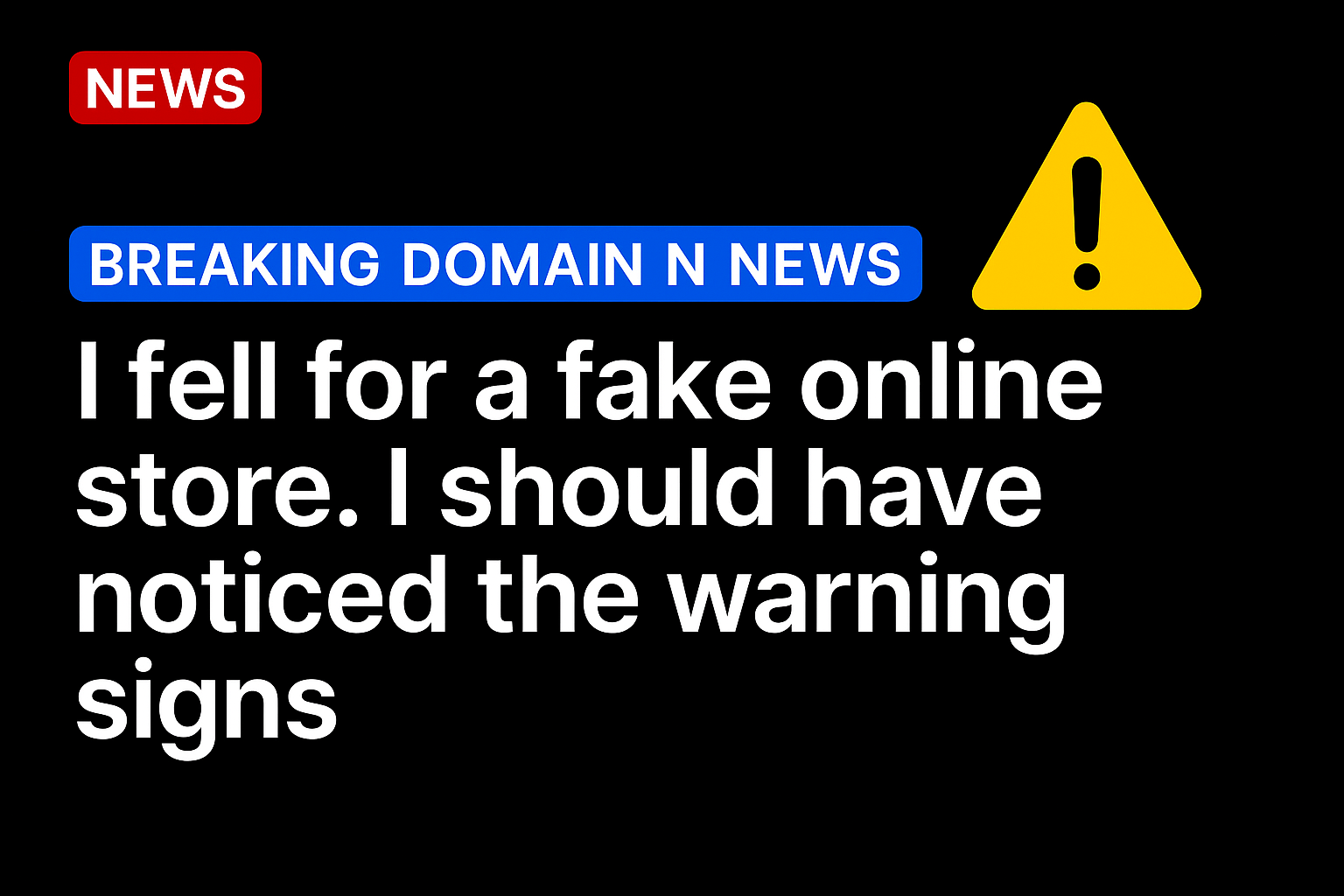
Company goes after domain registered 27 years ago.
A French fire safety and security company has been found to have tried reverse domain name hijacking.
Scutum, which was founded in 1990, filed a dispute (pdf) against scutum.com.
Despite the Respondent registering the domain name in 1998, the company said it just became aware of the domain in May this year. It hired a domain consultant to approach the registrant, and the registrant said he’d need a very high offer to consider selling the domain. Scutum offered just $5,000 and didn’t hear back. It subsequently filed the UDRP with World Intellectual Property Organization.
The Respondent said he registered the domain along with several other Latin-derived names with astronomical themes in December 1998. Scutum is derived from the Latin word for shield and is the name of a constellation.
After getting the response in the UDRP, the Complainant doubled down by pointing out that the Respondent had registered the domain name AzureServuces .com, suggesting he was cybersquatting on Microsoft’s cloud service, Azure. It didn’t bother to note that the domain was registered well before Microsoft created the Azure brand.
Panelist W. Scott Blackmer determined this was a case of reverse domain name hijacking. He wrote:
Here, the Complainant, represented by counsel, justly can be faulted for not satisfactorily addressing the facts that the disputed domain name consists of a single dictionary word and has not been used in more than 26 years to attack the Complainant, submitting a record that did not establish that the mark was well known outside France in 1998. The Complainant had been in business since 1990, eight years before the disputed domain name was registered, so in theory the Complainant might have found evidence of prior knowledge on the part of the Respondent and targeting of the Complainant’s mark, but the Complaint does not reveal such evidence. It was incumbent on the Complainant to make a case that the Respondent had its mark in contemplation. The Complainant should have been aware that, under the Policy, bad faith would have to be demonstrated at the time of registration, and that the fact that the registrant demanded a high price for the disputed domain name based on its current market value would be insufficient to prove the registrant’s intentions 26 years ago. Complainants bear the ultimate burden of proof on all material issues and cannot expect to prevail on speculation and innuendo.
The Panel must also question the good faith of the Complainant in light of the Complainant’s decision to continue pursuing the Complaint following the Response showing that the Respondent was likely the original registrant in 1998 and also registered multiple, similarly themed, dictionary domain names on the same date as the disputed domain name. The Complainant then doubled down with a supplemental filing suggesting that the Respondent was a serial cybersquatter, evidently not bothering to check that the other dictionary word in that instance, “azure”, was registered as a domain name five years before Microsoft announced that it planned to use that word for a product name. The Complainant’s supplemental filing also questioned the Respondent’s identity, although that has not seriously been in question in this proceeding. This course of conduct reflects a strategy that is not legally or factually well-grounded and hence may be deemed abusive.
Cornet Vincent Segurel represented Scutum. The domain owner represented himself.
Source: https://domainnamewire.com/




